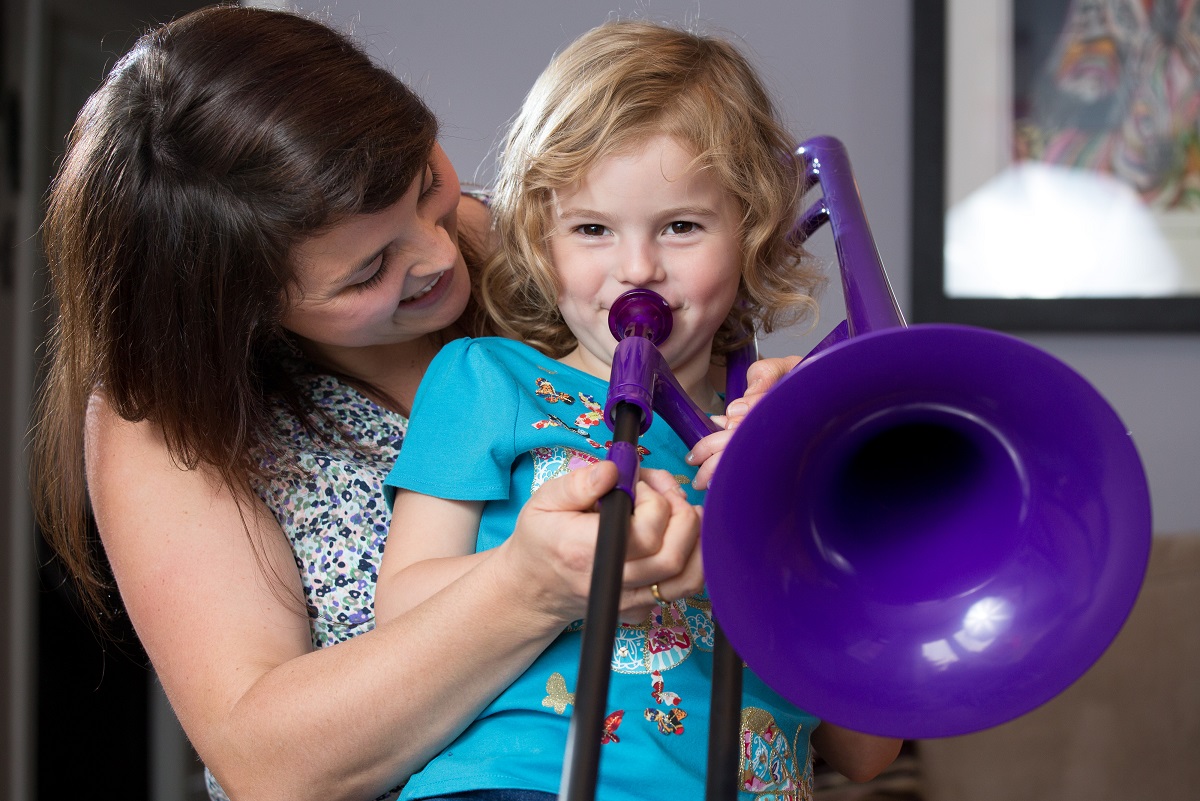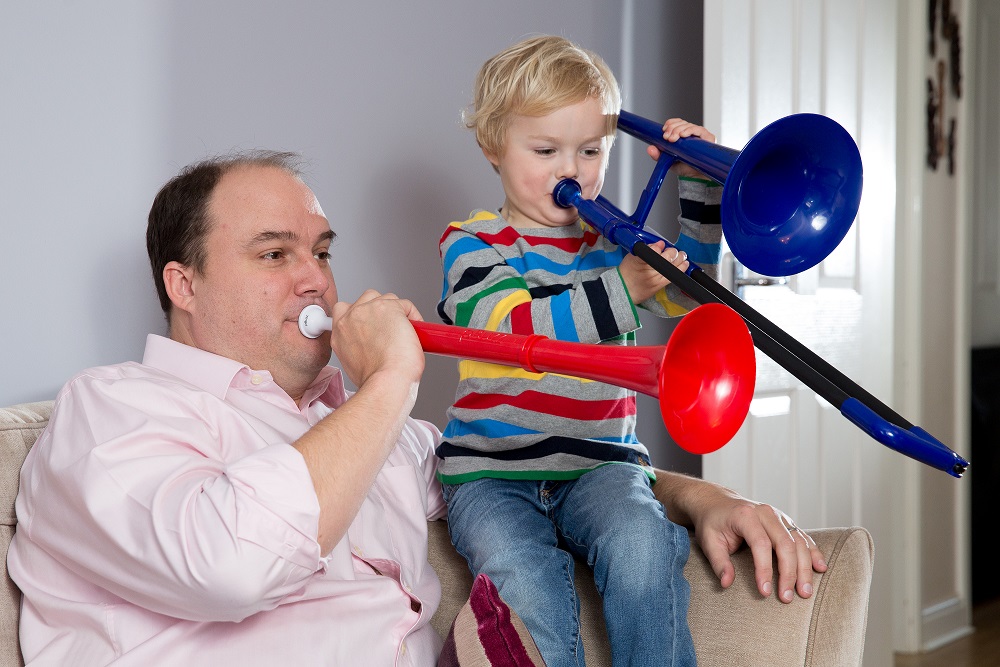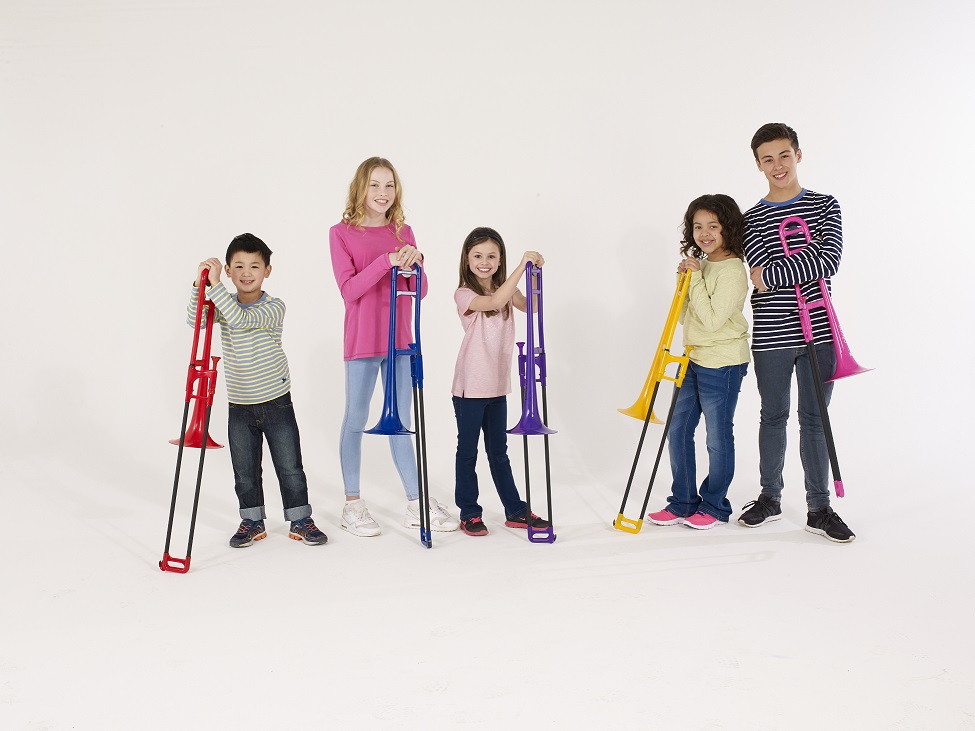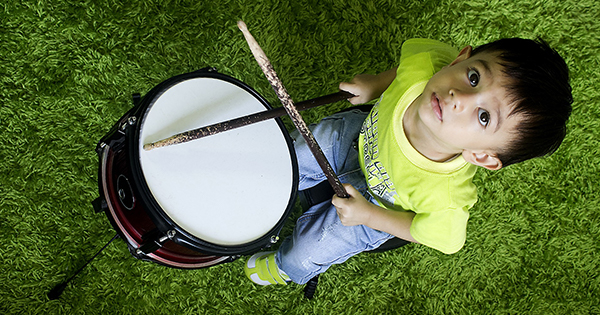
In the run-up to Make Music Day (otherwise celebrated as World Music Day) on the 21st June, UKMums.TV asked musician and mum Kate Greenall from the Queens award-winning instrument manufacturer, Warwick Music, why should music matter in the lives of our children.
Music benefits children in many ways. For instance, learning to play a musical instrument develops areas of the brain responsible for language and reasoning. A musical education can also help with a child’s emotional development, building the imagination and developing a curiosity for learning.
I’ve enjoyed playing the clarinet for years, and it’s had a huge impact on all areas of my life. Growing up around music has meant my children have always been interested in learning to play instruments and sing. It’s something we can appreciate as a family and that’s really special.
The importance of imagination
It’s well known that music can affect your mood and create images in your mind – just think about how certain songs make you feel and the reminders they bring with them. This is what opens our minds up to new ideas and an incredible imagination.
We all have the inbuilt ability to be creative, but our creativity can be restricted by rules, social norms and authoritarian parenting. This causes creativity to be stifled in children, which they then take on to adulthood. Music is a way for children to explore their creativity in a socially acceptable way. Whether they are listing to music or playing a musical instrument; a child’s imagination begins to thrive.
When children have enhanced imaginations, they can explore solutions to problems. As a child, if they don’t know the answer to a question – it can make them think about the possibilities, or how they might find a solution, before they respond with ‘I don’t know’.
By having an excellent imagination, children (and adults) can generally empathise well; by imagining what it might be like to be a different person, or in a different situation.
Naturally, they will question their own thoughts and feelings leading to admirable self-development skills.
Music plays a very big part of the lives of children. From a very early age, music helps children to understand their feelings, solve problems and share musical experiences with others; all through their enhanced imagination.

Boosting confidence and well-being
There are many emotional benefits of music. Playing a musical instrument enables children to express and understand their feelings, as well as providing an outlet for emotions that they cannot always express or control.
This on its own can help a child’s emotional health, but there are also lots of other areas in which playing a musical instrument can positively affect wellbeing and mental health.
Confidence is an action associated with positive emotions. By relishing the emotional benefits of music, confidence can be built!
Confidence can be built in many different ways through music, with the knowledge that you are mastering a new skill. The great thing about learning to play a musical instrument is that with most instruments your child will see some results pretty quickly, which encourages them to keep going and see what else they can do!
Progressing from learning your first note, to then your first tune and on to your first performance increases confidence which goes hand in hand with growing confidence to try new things; children become more willing to compose their own piece, play for friends and family, and then play in public which can help children feel confident in presenting their work in a non-academic context.

Feeling a sense of achievement and developing social skills
Just playing an instrument for a short time can bring great joy. Without even being adept at playing, making a loud or joyful noise is huge fun! Once your child has developed a little further into their musical journey, achieving the goal of a new note, piece or performance gives a young musician something to feel proud of; and they will begin to notice the emotional benefits of music.
Playing a musical instrument gives you many opportunities to meet new people. Whether it be through a school orchestra, becoming a member of a local music centre, joining a band or attending concerts. Improving social skills, boosting emotional intelligence, communication, time management and the ability to work as part of team.
In the same way that listening to loud music can make you feel more energised, listening to music can be an effective way to help with stress. Studies have shown that after being exposed to stressful triggers, by listening to music we tend to recover more quickly as it can help the body’s human stress response – particularly with our autonomic nervous system (the system that regulates a variety of body process that takes place without conscious effort).
Listening to music can help manage our stress responses, and playing music can promote relaxation of tense muscles, enabling us to release some of the tension we might carry without realising – this is especially helpful for children who may not even be able to tell you exactly why they feel like they had a bad day at school! When they relax their muscles and loosen their body, the mind also relaxes. Music is a simple and fun way help that tension disappear.

Get in touch!
If you’re interested in getting your child started on their musical journey, then we can help https://pbone.co.uk/benefits-of-music
Fancy winning a brilliant beginner’s music bundle?
Head to our competition page now, for your chance to win a pBone Learn to Play Trombone Bundle and a private music lesson with Warwick Music!


